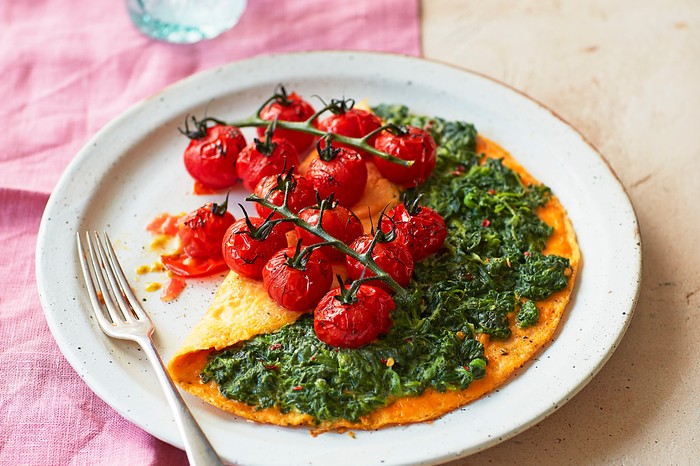Are you looking to boost your protein intake without compromising your vegetarian lifestyle? You’re not alone. Many people are discovering the power of high-protein vegetarian diets, and for good reason. Plant-based eating doesn’t have to mean skimping on essential nutrients like protein. In fact, incorporating more plant-based proteins can lead to a healthier, more balanced diet.
Whether you’re a seasoned vegetarian or just exploring meatless options, adding protein-rich foods can enhance your meals in flavor and nutritional value. From hearty legumes to nutrient-dense grains, there’s no shortage of delicious ways to get that protein fix. Ready to dive into some mouthwatering recipes and tips? Let’s explore how you can enjoy satisfying and nutritious high-protein vegetarian dishes!
Why choose a high-protein vegetarian diet?
Choosing a high-protein vegetarian diet opens the door to numerous health benefits. Many people are drawn to plant-based eating for its positive impact on overall well-being.
Incorporating more protein can help maintain muscle mass, especially important for active individuals. It also keeps you feeling full longer, which is great for managing hunger and reducing snacking.
A focus on high-protein vegetarian foods encourages the consumption of a diverse range of plant products. This variety ensures you’re getting essential vitamins and minerals that support immune function, energy levels, and skin health.
Moreover, embracing a high-protein vegetarian diet aligns with sustainability goals. Plant-based proteins often require fewer resources than animal-derived options, making them an eco-friendly choice.
This dietary approach isn’t just about what you leave out; it’s about enriching your meals with nutrient-dense ingredients that fuel your body effectively.
The benefits of incorporating more protein into your vegetarian meals
Incorporating more protein into your vegetarian meals can transform your diet in remarkable ways. Protein is essential for building and repairing tissues, making it crucial for overall health.
A higher protein intake can keep you feeling fuller for longer. This helps curb cravings and prevents overeating throughout the day.
Moreover, adequate protein supports muscle maintenance, especially important if you’re active or looking to improve fitness levels.
Adding protein-rich foods also aids in stabilizing blood sugar levels. This means more consistent energy without those pesky crashes.
Furthermore, a varied high-protein diet contributes to better nutrient diversity. You’ll find yourself exploring new ingredients and flavors that enrich your culinary experience.
Focusing on plant-based proteins fosters sustainability. It’s an excellent way to support the environment while nourishing your body effectively.
Top sources of plant-based protein
Plant-based protein sources are diverse and abundant. Legumes, including lentils, chickpeas, and black beans, pack a powerful protein punch. They’re also rich in fiber, which helps keep you full longer.
Quinoa is another fantastic option. This grain is not only high in protein but also contains all nine essential amino acids. It’s perfect for salads or as a side dish.
Nuts and seeds provide healthy fats along with their protein content. Almonds, chia seeds, and hemp seeds can easily be added to smoothies or yogurt for an extra boost.
Tofu and tempeh are staples in vegetarian diets. These soy products absorb flavors well and can enhance any meal while delivering substantial protein levels.
Don’t overlook whole grains like farro or barley—these contribute both texture and nutrition to your dishes. With this variety available, it’s easier than ever to meet your protein needs on a vegetarian diet!




